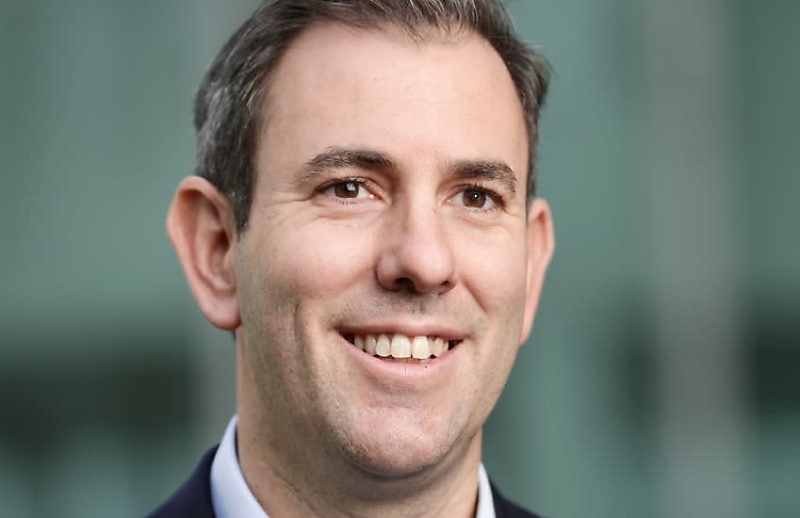Treasurer Chalmers’ vision for creating an economy focused on “value-based capitalism” can only work if it provides benefits to those it wishes to enlist, such as the banks and super funds, say tax experts.
You’re out of free articles for this month
“Across the social-purpose economy, in areas such as aged care, education and disability, effective organisations with high-quality talent can offer decent returns and demonstrate a social dividend — but they find it hard to grow because they find it hard to get investors,” said Dr Chalmers.
“If we could redesign markets for investment in social purposes, based on common metrics of performance, many more well-run ‘for purpose’ organisations could get much more of the growth capital they need.”
“With a new, values-based capitalism for Australia, we can understand something the old thinking neglected: that the problems of government — of whole societies — don’t and shouldn’t permit one simple solution set.”
CA ANZ superannuation and financial lead Tony Negline said trying to shift the purpose of private funds such as super would require them to also benefit.
“It is always a concern when government begins to think that private savings can be directly used to further government policy; superannuation is a very long-term investment and where super funds invest needs to stack up in their own right,” said Mr Negline.
His colleague, CA ANZ tax leader Michael Croker, agreed and said the private sector would need to be offered something to make the social impact investment a stronger proposition.
“If government plans to take a more active role in business investment and encouraging private sector organisations and super funds for example to help fund Labor’s policy agendas like housing and clean energy, then the investment proposition needs to stack up,” said Mr Croker.
“Tax breaks may play a role here in creating a more attractive investment environment, but there’s no mention of that.”
General manager of tax policy and advocacy at the Tax Institute Scott Treatt said while the Treasurer had revealed his plan for Australia, it would not be possible without a change to the tax system.
“Treasurer Jim Chalmers has laid out a vision of a robust and resilient economic and social future for Australia, for people in the tax profession, it’s obvious that the kind of democratic reform he refers to won’t happen independent of meaningful tax reform,” said Mr Treatt.
“Our social system, our economy, and our industries are inextricably linked to our tax system. We need to establish a shared, optimistic, and ambitious vision for our tax and transfer system as part of the stable foundation upon which systematic reform can happen.”
“Until we have a tax and transfer system that is robust and efficient enough to support our goals for growth and stability, there are simply no winners.”
However, Mr Treatt said Dr Chalmers’ essay did reflect a changing mindset among Australians that as the cost of living rises we had to be clear about what was important.
“This sets the scene for real progress towards holistic tax reform, ideally being a commitment to a review of the tax system in the Federal Budget [sic] 2023–24,” he said.
The reaction to Dr Chalmers’ essay comes as the IMF executive board concluded its consultation on Australia’s economy, in which it endorsed:
- Restrictive macroeconomic policies in the near term to mitigate strong domestic demand and address inflation.
- Comprehensive tax reforms and improving efficiency in expenditure programs to create a credible consolidation path over the medium term.
- A strong focus on boosting housing supply supported by well-targeted support for lower-income households.
- Structural reforms to reignite productivity growth as well as boosting inclusions to tackle skills shortages.

 Login
Login







